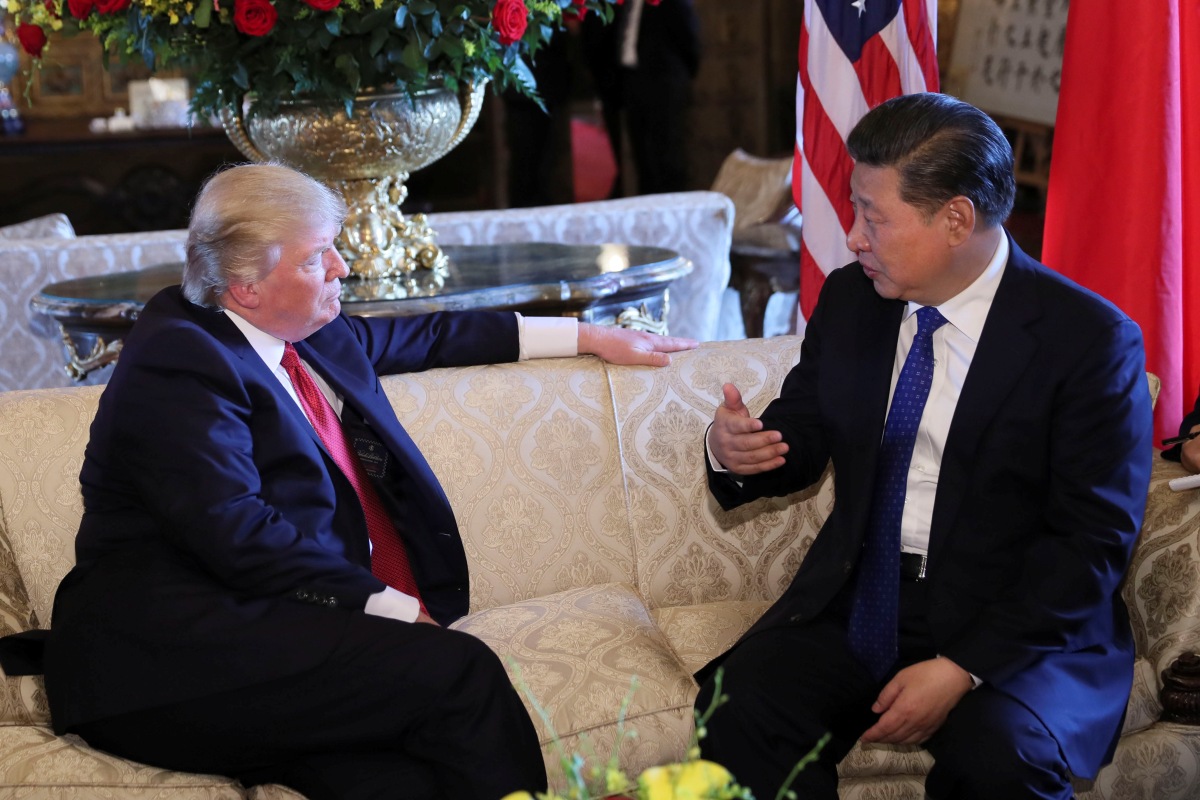The US has accused China of playing a “blame game”, misrepresenting trade talks between the two countries in response to Beijing’s release of a white paper blaming Washington for the setback in negotiations.
In a statement on Monday, President Donald Trump’s administration also accused China of “backpedalling” on trade agreements.
“Our negotiating positions have been consistent throughout these talks and China backpedalled on important elements of what the parties had agreed to,” said a statement from the Office of the US Trade Representative (USTR).
It said the US was “disappointed” the Chinese had chosen in recent public statements “to pursue a blame game misrepresenting the nature and history of trade negotiations between the two countries”.
The trade war between the world’s two largest economies worsened after Trump in May accused Beijing of reneging on its promises and slapped additional tariffs on the Chinese goods worth $200 billion.
The President’s sudden move while both sides were in talks to work out a deal caught China off-guard, prompting it to announce the retaliatory tariffs which took effect on June 1.
Beijing released a white paper titled, “China’s Position on the China-US Economic and Trade Consultations”, the next day, which set out China’s position in trade talks including some of its prerequisites for a deal.
It said that it won’t give in to the US pressure and was ready to fight till the end in the raging trade war that has the world concerned.
China accused Washington of being “solely” responsible for the scuttling of talks and “groundlessly” and “recklessly” blaming Beijing of backtracking on its promises.
Sticking points throughout US-China trade talks included whether and how fast to roll back tariffs, as well as how to enforce any trade deal.
The US wanted to keep tariffs in place as part of the enforcement mechanism and to be the sole arbiter of whether China had broken the terms of the deal, analysts say.
“Our insistence on detailed and enforceable commitments from the Chinese in no way constitutes a threat to Chinese sovereignty,” the USTR said.
No official trade talks have been scheduled since the last round ended in May.
Chinese President Xi Jinping and Trump are expected to meet at the G20 meeting of leaders in Japan later this month.











